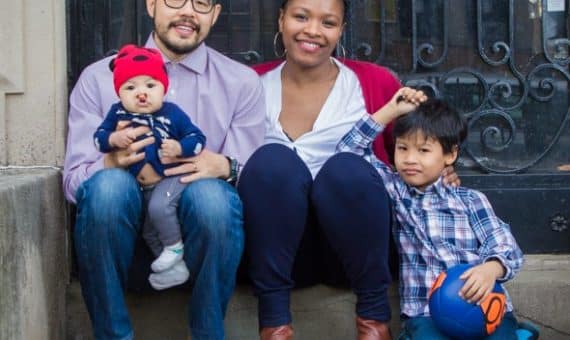Attention-Deficit/Hyperactivity Disorder (ADHD) is a common neurodevelopmental disorder affecting millions of children worldwide. Characterized by symptoms such as inattention, hyperactivity, and impulsivity, ADHD can significantly impact a child's academic performance, social interactions, and daily life. Parents often wonder if a pediatric neurologist can diagnose ADHD and whether it's the right choice for their child.
While pediatricians, psychiatrists, and psychologists are commonly involved in diagnosing ADHD, pediatric neurologists also play a critical role, especially when neurological conditions or complex symptoms are suspected. This article will explore the role of pediatric neurologists in diagnosing ADHD, what the evaluation process entails, and when parents should consider consulting one.
What is ADHD?
ADHD is a neurodevelopmental disorder that typically begins in childhood. It presents through symptoms like:
- Difficulty focusing or paying attention
- Excessive movement or hyperactivity
- Impulsive behavior
ADHD can vary from child to child, with some primarily experiencing inattentiveness, others showing signs of hyperactivity and impulsivity, or a combination of all three. Early diagnosis and treatment are essential to managing symptoms effectively.
Who Can Diagnose ADHD?
ADHD diagnosis involves a thorough evaluation by healthcare professionals who specialize in childhood behavioral and developmental disorders. Professionals commonly involved include:
- Pediatricians: Often the first point of contact for parents. They can provide initial assessments and referrals if needed.
- Psychiatrists: Specialize in diagnosing and treating mental health disorders, including ADHD.
- Psychologists: Provide behavioral assessments and conduct therapy to help manage symptoms.
- Pediatric Neurologists: Specialize in conditions involving the brain and nervous system, making them valuable in diagnosing complex ADHD cases.
The Role of Pediatric Neurologists in ADHD Diagnosis
Pediatric neurologists are experts in identifying and managing neurological disorders in children. When it comes to ADHD diagnosis, they are particularly helpful in cases where:
- Symptoms are severe or atypical.
- Co-occurring conditions, such as epilepsy or developmental delays, are present.
- ADHD symptoms are not responding to standard treatments.
The diagnostic process usually includes:
- Comprehensive Medical History: Reviewing the child’s developmental, medical, and family history to identify underlying factors.
- Neurological Examination: Assessing motor skills, reflexes, coordination, and sensory processing.
- Behavioral Assessments: Completing questionnaires or interviews about the child's behavior at home and school.
- Neurodevelopmental Tests: Evaluating cognitive functions and attention span.
- Brain Imaging or EEG (if needed): While not routinely used for ADHD diagnosis, these tests can help rule out other neurological conditions.
What to Expect During an ADHD Evaluation by a Pediatric Neurologist
The ADHD evaluation process is thorough and involves several steps:
- Initial Consultation:
- Parents discuss their child's symptoms, developmental history, and any concerns they may have.
- The neurologist will gather detailed information about the child's behavior, learning patterns, and medical history.
- Testing Methods:
- Cognitive and behavioral assessments are performed to evaluate the child's attention, memory, and impulse control.
- Physical examinations may be conducted to check for neurological abnormalities.
- Collaboration with Other Specialists:
- If necessary, the neurologist may work with pediatricians, psychologists, or psychiatrists to ensure a comprehensive assessment.
- Diagnosis and Recommendations:
- If ADHD is diagnosed, the neurologist will discuss treatment options, which may include behavioral therapy, medication, or lifestyle changes.
When to See a Pediatric Neurologist for ADHD Diagnosis
It’s essential to consult a pediatric neurologist if:
- Your child’s symptoms are not improving with standard treatment.
- You suspect co-occurring conditions like epilepsy, learning disabilities, or developmental delays.
- Your pediatrician or psychologist recommends a more comprehensive evaluation.
Conclusion
Pediatric neurologists can indeed diagnose ADHD, especially when symptoms are complex or when other neurological conditions are suspected. Early and accurate diagnosis is key to providing effective treatment and improving your child's quality of life. If you’re concerned about your child’s symptoms, consult a pediatric neurologist for a thorough evaluation.


